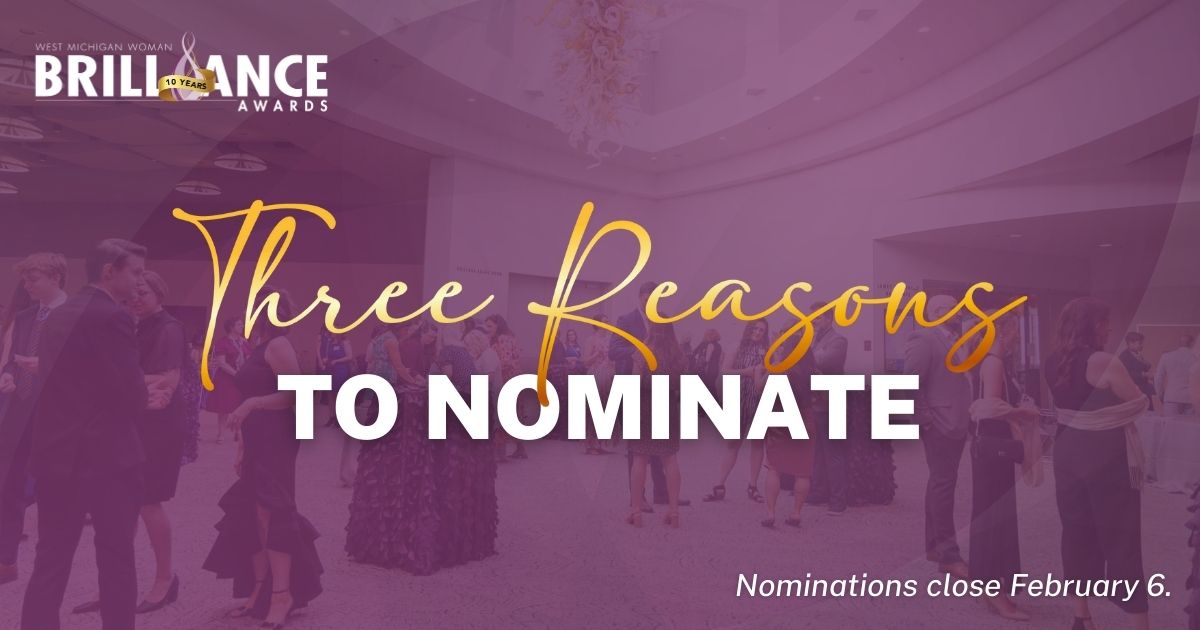To me, food service is serious stuff. Maybe it's because I love good food. Maybe it's because if I'm going to pay for the convenience of not making it myself, there's a certain level of service I expect. Regardless, I recently had two vastly different customer services experiences that dished up some "aha moments" for me on the importance of empowering your staff.
The first was at Zoup. If you're not familiar with it, it's a franchise that offers a long daily list of different soups. Not only is it conveniently located near our office, their soups are pretty good—as they should be for $6 a cup. I happened to have been on a soup kick for a couple of weeks straight when I saw the woman in front of me at the checkout me present a rewards punch card. I had used one when they offered it in the past (it's seasonal), but didn't know it was being offered again. So I asked the familiar young woman working the register when they had reintroduced it. She answered that it had been about a month ago. I casually mentioned that it was my third time this week alone that I had been there, and wished I had known. When she didn't acknowledge my comment, I grew frustrated. I then point-blank asked if she would mind giving me an extra couple of punches. "No, sorry. I can't do that," she responded abruptly. In my mind, I heard her saying, "No punch for you!" (You remember that episode of Seinfeld, right?).
The following day, we hosted a meeting at our office and ordered lunch from Bliss & Vinegar, a locally owned restaurant that specializes in salads. One of the salads from our order was missing, and because I wasn't a part of the meeting, I offered to go get it for my hangry co-worker. (You know: Hungry + Angry = Hangry.) I was hungry anyway, so planned to pick something up for myself, too. The tattooed and pierced young man at the counter at first seemed put off by my claim about the missing salad, and didn't offer an apology. Still a little hot from my soup experience the day before, I was tempted to lash out in frustration, but decided to stay cool and wait. If he didn't apologize for the inconvenience by the end of the transaction, I was going to say something. As he handed me the two salads, I offered my debit card. "No need to pay—the second salad's on me," he said. "I was responsible for the mistake on your order." I was shocked, and felt like praising him with, "Thank you for redeeming my belief in the good of humanity!" Instead, I sincerely thanked him for a great customer service experience and left.
Customer service in most businesses isn't a whole lot different than that of food service. People are expecting to feel valued, and want to walk away feeling that their investment surpassed their expectations. That's a tall order! But when you train your employees about your brand and customer service standards—and empower them to execute them—great experiences happen, resulting in repeat customers and increased referrals.
Here's how to make it happen.
Insist your employees understand your company culture and brand standards.
First and foremost, you can't expect your employees to interact with your clients as you would unless they have a true understanding of your company culture and brand. This should not only be a part of your onboarding process with new hires, but also be regularly revisited with current staff and reinforced consistently by upper management. What's the point of creating core values, mission statements, and more if your employees don't feel their presence on a daily basis?
Don't be a rule monger.
Rules can be important, but even those that are intended to be best for your business won't necessarily result in good customer service. Rules instill fear. And decision-making based on fear of management will usually trump treating customers well. Empower your employees to make at least some decisions on their own. It builds trust, creates opportunities for learning, and shows your customers that you hire people you feel are competent.
Let your employees remain authentic.
Training employees to treat customers consistently works for many businesses. If you've ever eaten at a Chick-fil-A, you've probably heard "My pleasure!" from more than one staff member. This approach works for a business chain of that size, but for smaller businesses, it's important for your clients to feel the authenticity of the person they're dealing with. The mere fact that the guy at the salad place owned the mistake created an instant connection because we all make mistakes. People like honest people. And people buy from people they like.
I read a great quote from Richard Branson the other day: "Clients do not come first. Employees come first. If you take care of your employees, they will take care of the clients."
Good customer service is such a rarity these days. While that's unfortunate, it can serve as an advantage for your business. When you define your standards, train your staff, and trust they will make the magic happen, they will.
Written by Jill Carroll, marketing manager for West Michigan Woman magazine.




